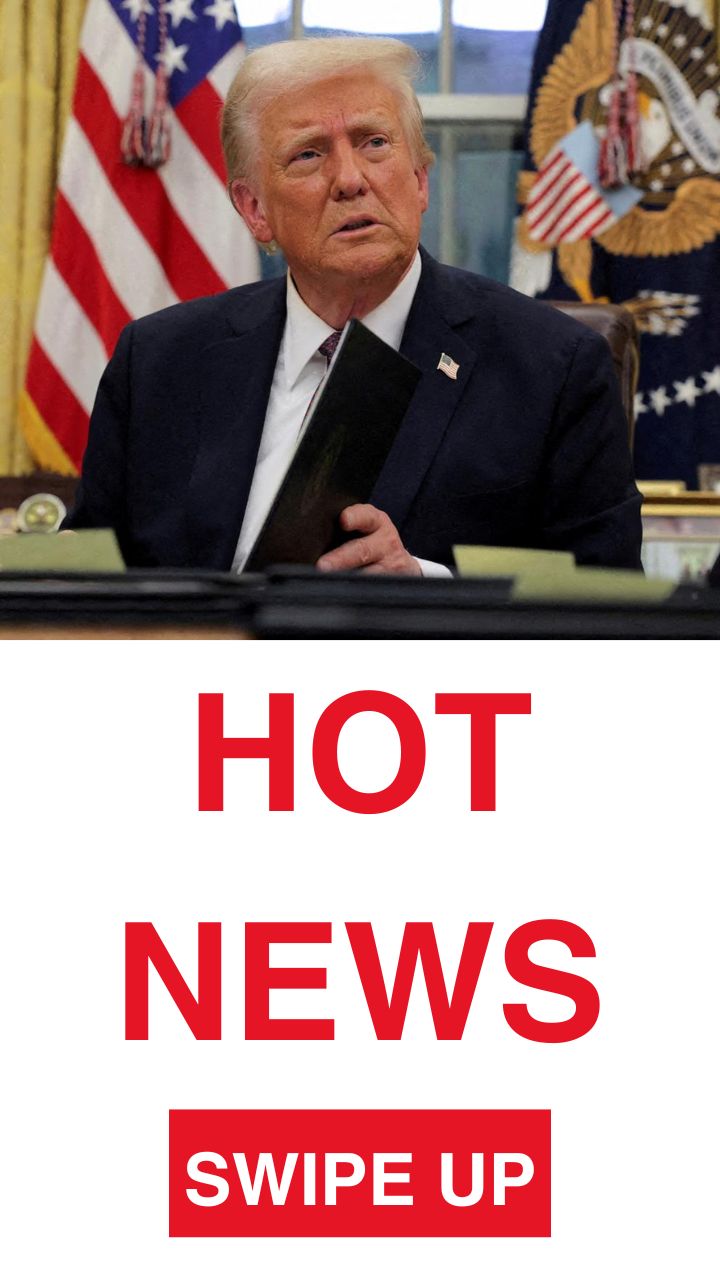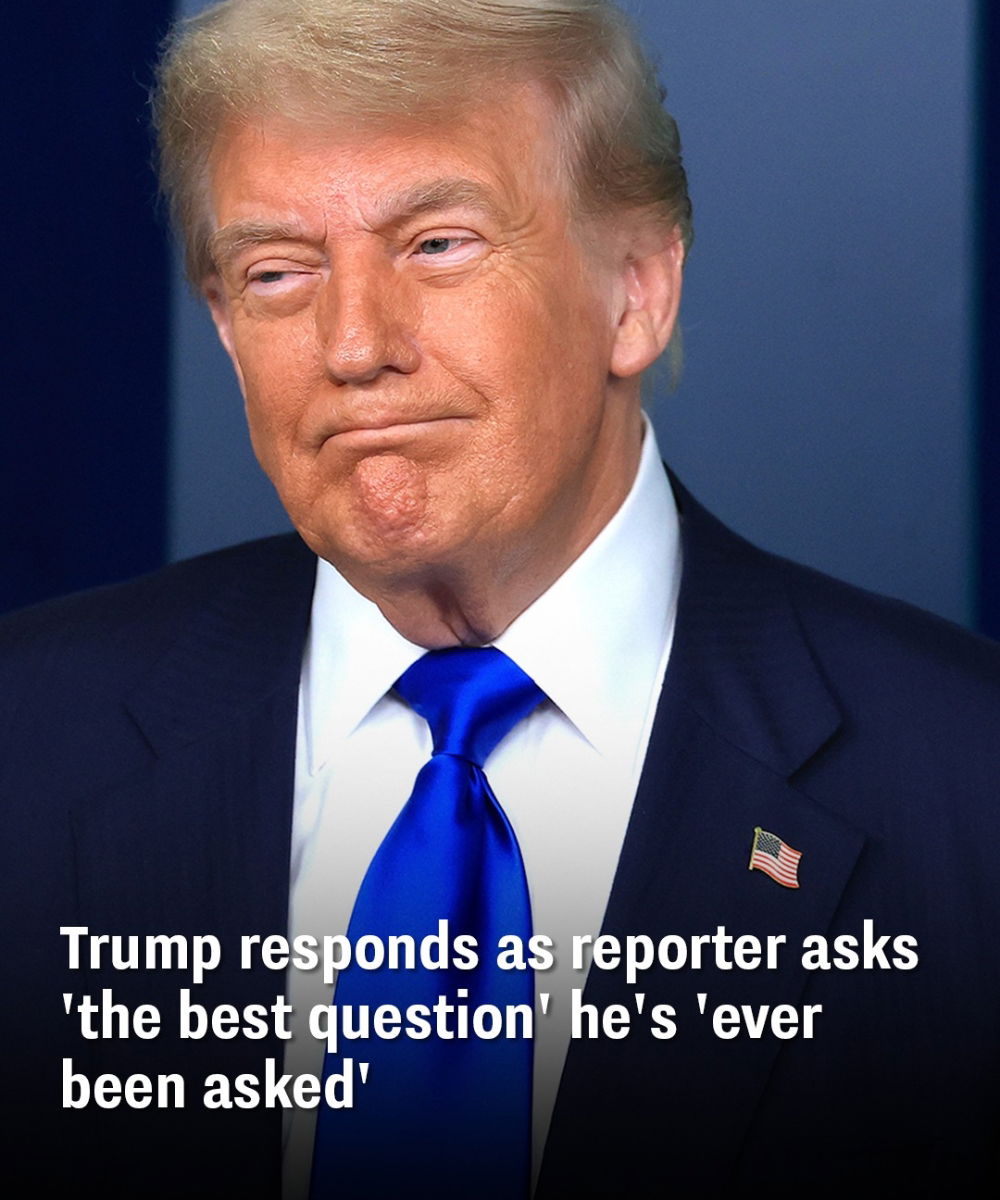
During a White House press conference, President Trump was questioned about recent comments from economist Torsten Sløk, who suggested that Trump may have “outsmarted everyone” with his approach to tariffs.
To provide context: after taking office in January, Trump introduced steep tariffs targeting key U.S. trade partners—including Canada, Mexico, and China—followed by additional taxes on imported goods.
Although heavily criticized at the time, the U.S. economy now appears robust, with both the S&P 500 and Nasdaq reaching record highs on Friday, June 27.
Torsten Sløk, the chief economist at Apollo Global Management, had previously cautioned that Trump’s tariff policies might trigger a recession. However, his stance has shifted significantly.
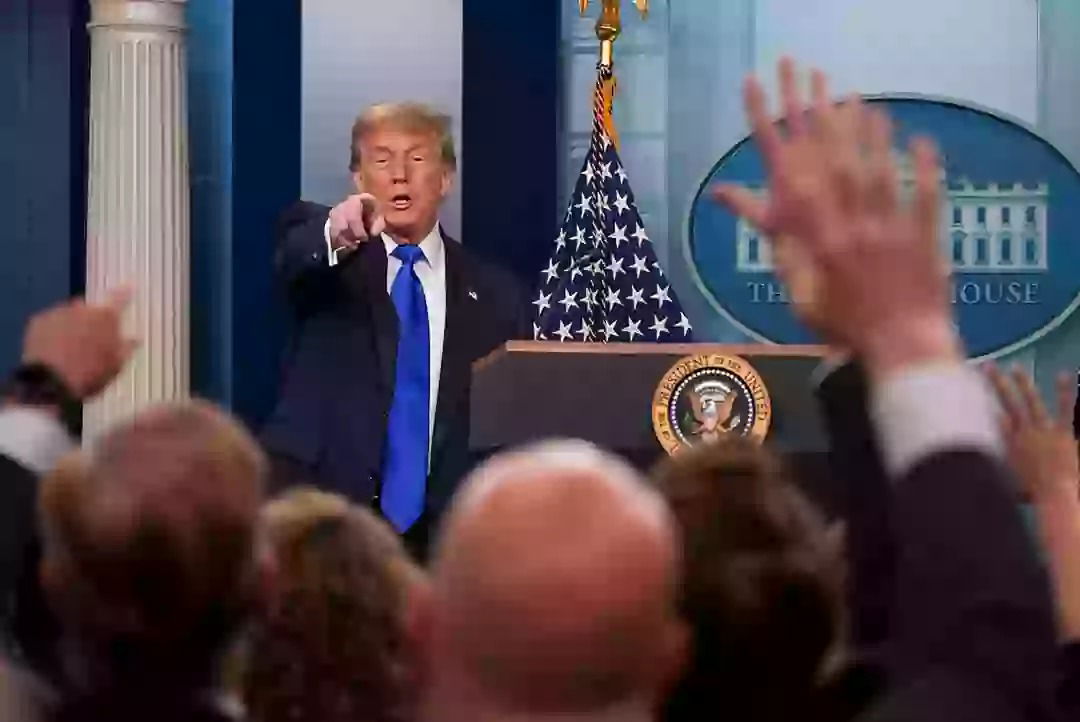
At the press event, a reporter referenced Sløk’s reversal, asking: “Mr. President, a leading global economist just changed his view and said your tariff plan might mean you’ve outsmarted everyone. What’s your response?”
Trump welcomed the question enthusiastically, saying, “I love this. This is my favorite.
This is the best question I’ve ever been asked because I’ve been taking hits on this for years.
As you know, we’re bringing in hundreds of billions of dollars—and there’s no inflation.”
When the reporter pressed for a message to critics who once claimed the tariffs would spark a recession
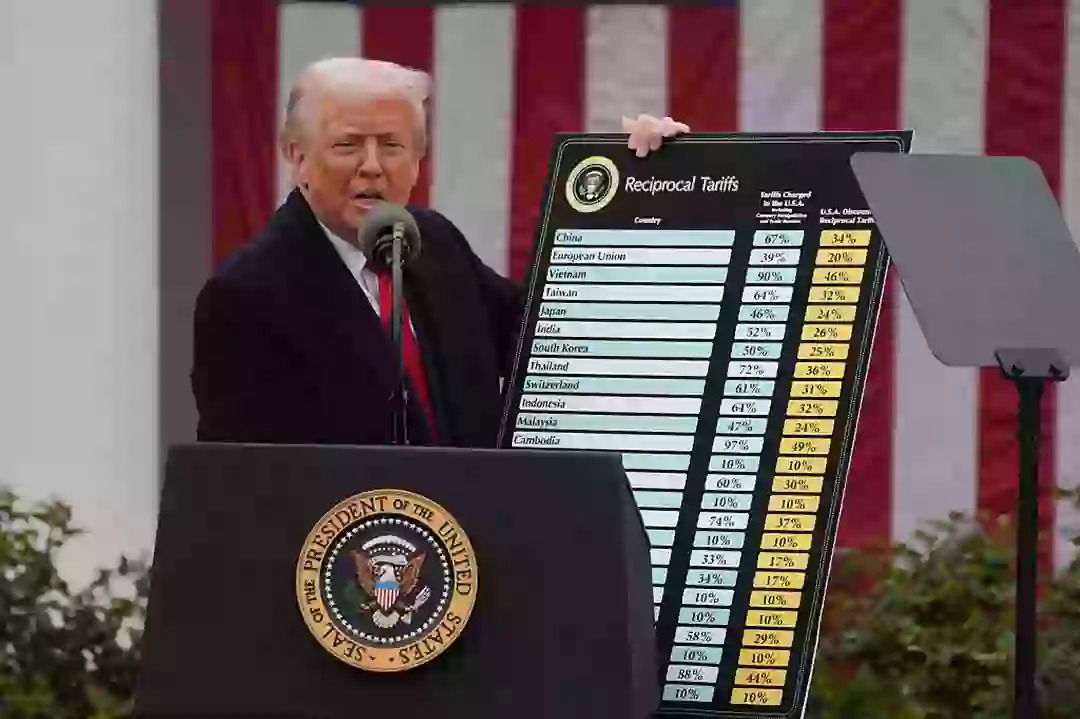
Trump quipped, “I think they should go back to business school. It’s so obvious. We’re collecting billions and billions from China and other countries.”
In a blog post published June 21 for Apollo Academy, Sløk elaborated on his new perspective.
He noted that as the Trump administration neared its self-imposed 90-day deadline for finalizing trade agreements, market speculation was growing.
“The longer uncertainty persists, the more harmful it becomes to the economy,” Sløk wrote.
He then outlined a possible strategy: maintaining 30% tariffs on Chinese goods and 10% on imports from other nations, while giving all countries a 12-month window to reduce non-tariff barriers and open their economies.
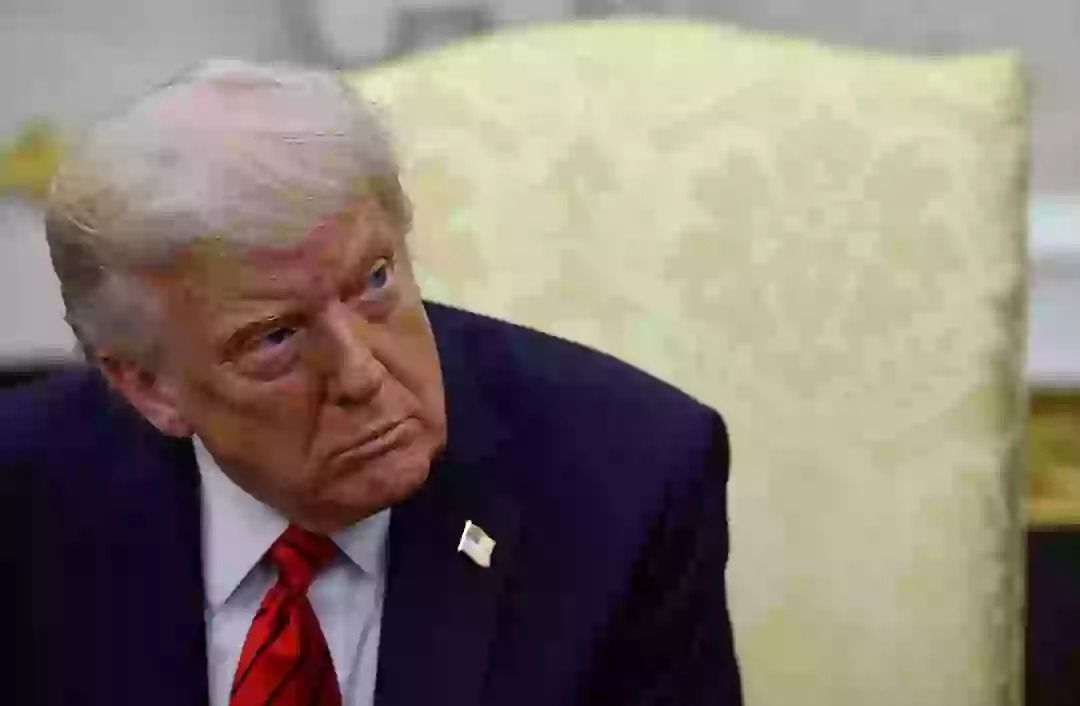
Sløk argued that extending the timeline would allow global trading partners and U.S. businesses to adapt to the new, more protectionist environment.
This, in turn, would ease uncertainty and have positive effects on business planning, job creation, and financial markets.
He added, “Such a strategy could be seen as a win for the global economy while generating $400 billion annually for U.S. taxpayers. Trade partners would be content with only 10% tariffs, and the U.S. would boost tax revenues. Maybe the administration really has outmaneuvered us all.”
